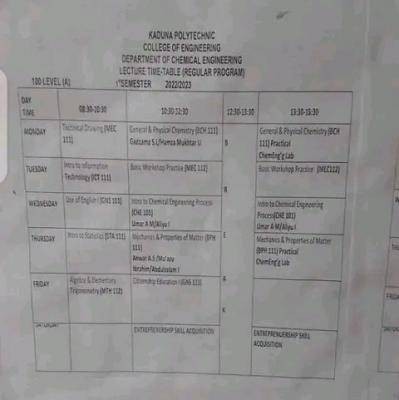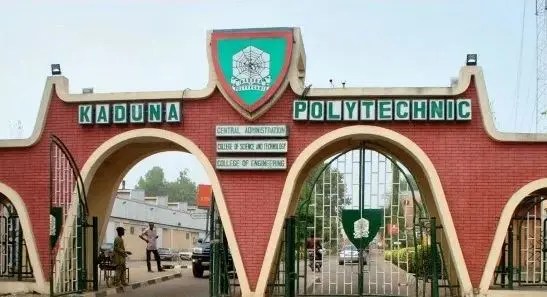
Students of the Kaduna Federal Polytechnic, Kaduna State have won the 2013 ENACTUS National Challenge.
Over 1,000 students from 30 universities and polytechnics in the country participated in the three-day competition organized by the ENACTUS Nigeria, in collaboration with the First City Monument Bank held at the Eko Hotels in Lagos on Friday.At the competition, 30 Enactus teams from the higher institutions stood up to the challenge of defending projects they had embarked on to promote innovation, proffer solutions and also create employment in their communities, local government, state and campuses.
KADPOLY won the hearts of the judges for the skills acquisition programme they provided for 70 physically challenged indigenes of the state; training of women in the making of briquette; a cooking fuel made from agricultural wastes materials and their efforts at devising alternative fuels aimed at reducing carbondioxide emission into the atmosphere.
One of the members of the winning team, a 100 Level student of the Department of Social Science and Development, Ms. Shakira Alaga, said they chose to work on empowering physically challenged persons in the North, as the region had the highest population of affected persons.
She said, “In the North, most of the physically challenged persons do not have any form of education, whether primary or secondary. They are even exploited as their parents force them to beg for alms on the streets. This is a circle of poverty that must be broken, and by providing vocational education for this vulnerable group, we are empowering them, helping them live independently, to contribute their quota to the development of Nigeria.”
Bayero University, Kano, Kano State claimed the second position for its research on Neem oil production, construction of Greenhouse and its social media initiative on flooding while the Federal Polytechnic, Oko, Anambra State, came third for its project on alternative energy.
The Country Director of the organisation, Mrs. Adesuwa Ifedi, said the winners were chosen based on the economic, social and environmental relevance of the projects they executed.



